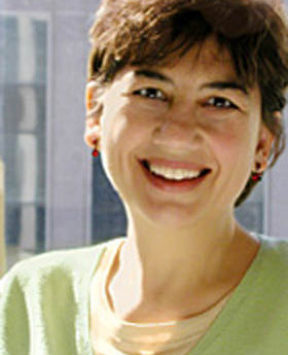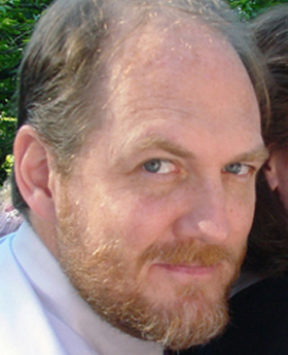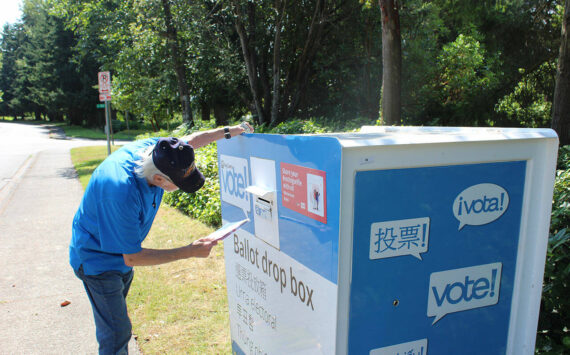An MTV pioneer is now the pioneer of a popular new movement on the Internet called podcasting, a method that allows users to subscribe to a set of media feeds from syndicated Web site content.
Adam Curry, one of the original MTV VJ’s and now founder of The Podshow Network, is the host and creator of the popular “Daily Source Code” podcast (http://www.dailysourcecode.com). He talked for 90 minutes with us about his early days in radio and at MTV in the 1980s, leaving broadcast radio to pursue his passion for the early Internet, his early work with webcasting, blogging, and audioblogging, and the inspiration that helped birth and fuel the fast growth of podcasting.
This interview is the first of a two-part feature that will c conclude next Friday.
DANA GREENLEE: Tell us a little about your background.
ADAM CURRY: I have always been interested in technology more than anything. I come from a communications/government family. When I was very young — five or six — I was playing with reel-to-reel tape recorders. Eventually, I worked in pirate radio in Amsterdam. They had very tightly controlled government radio at thee time, so it was very common to have lots of pirate radio stations. It was very reminiscent of podcasting. We just wanted an outlet to play the music. In 1987, I got a call from MTV asking if I wanted to work for them in New York. I said, Yeah, sure! A lot of people think that I was one of the first VJs, which is not true. There was a whole crew there before me, which basically was on its way out when I was on my way in: Mark Goodman, Alan Hunter, JJ Jackson, Nina Blackwood and Martha Quinn. At the time, MTV was going from 15 million households to 40 million households, and cable was really being rolled out. Thats why many people equate me with the beginning of MTV. I must say that the first year or two I was there it was really cool — very rock-and-roll. MTV was put together with radio processes: a music director, playlist, and Selector — which is the radio-based programming software package which is still in heavy use today. It started to suck after awhile. I was there seven and a half years. Just like radio, there are two customers: the listeners or viewers and the advertisers. MTV actually had a third, which were the record companies. It really became much more about the deals they could put together than about what people really wanted to see. That was a shame. I was never really loved amongst management for all the years I was there (laughs) because I kinda told the truth and told them, too, and they never really appreciated that. They just wanted people to shut up, sit down, look pretty, and talk.
GREENLEE: How did you come to leading the podcast revolution. Does it trace back to your work with MTV and seeing the new medium being born?
CURRY: I talked to Dave Winer, who had already worked on RSS and he added the enclosure element. I immediately understood how this worked with the publish and subscribe model. We did a lot of video files in the beginning and for years we evangelized this stuff. He had Radio UserLand (http://radio.userland.com) , which was pretty much the only aggregator that could understand enclosures. Back then, I had finally broken down and bought an iPod. I decided I wanted to transfer Daves audio interview that he did over to my iPod to listen to during my commute, and I wanted that process automated. I talked to Dave about it, talked to a lot of developers about it — Dave had stopped developing by then — and asked a lot of developers to make this connection for me. They said, Oh, yeah, thats easy. Of course they didnt do it. So I took a month or so and recalled some of my UNIX skills and learned how to use AppleScript — which is not the easiest of all programming languages to learn, even though its supposed to be — and built this end-to-end script that would go out, look for subscribed feeds, look for a new enclosure, bring it down, and pop it on my iPod using the RSS information to populate a playlist and populate the fields in the song file, which would then synchronize with my iPod. Thats it, and I called at iPodder.
This interview will conclude in the Aug. 12 edition of the Index. Adam Currys Web log is at http://Curry.com, which also posts the latest Daily Source Code radio talk show.






